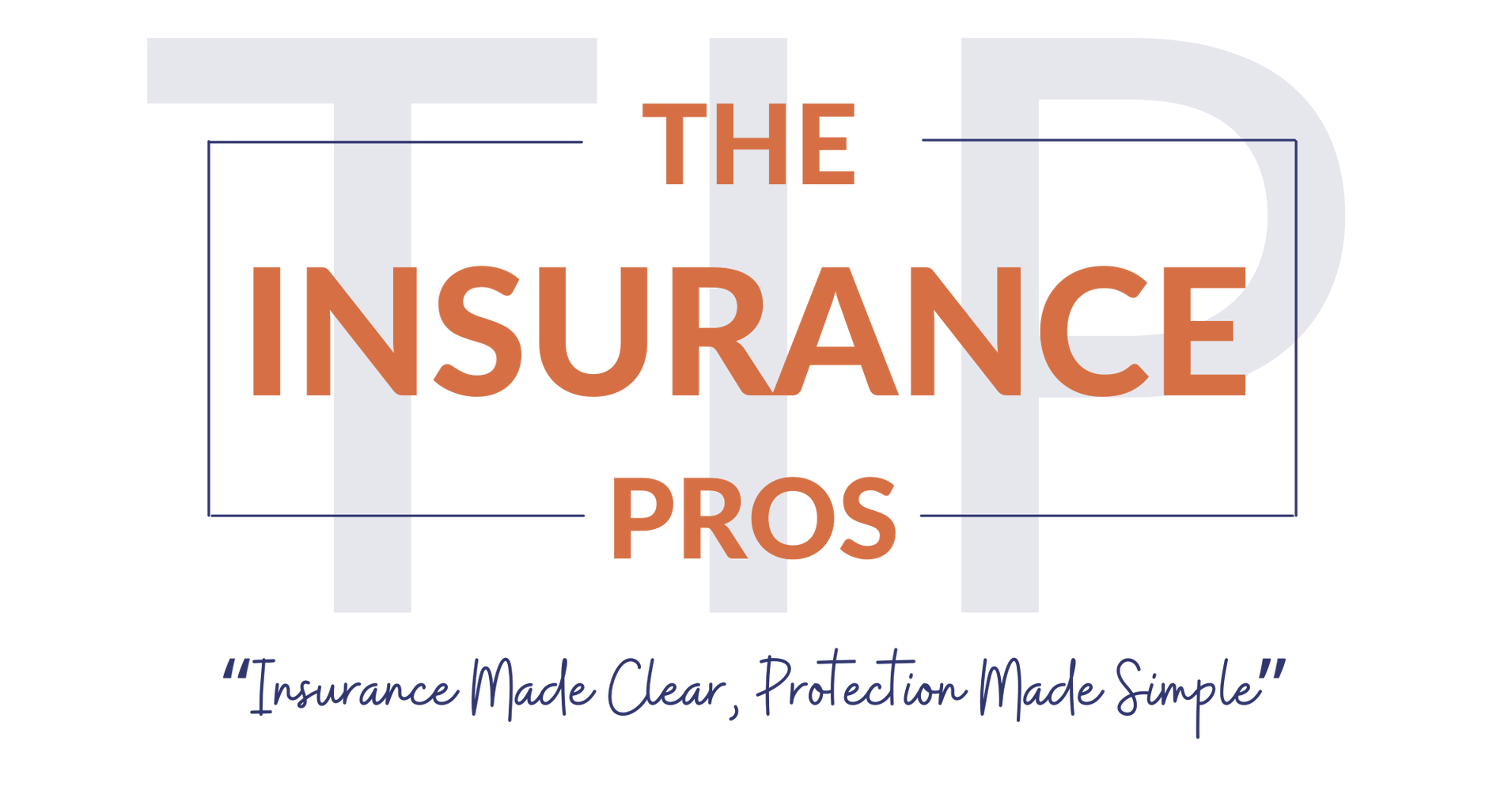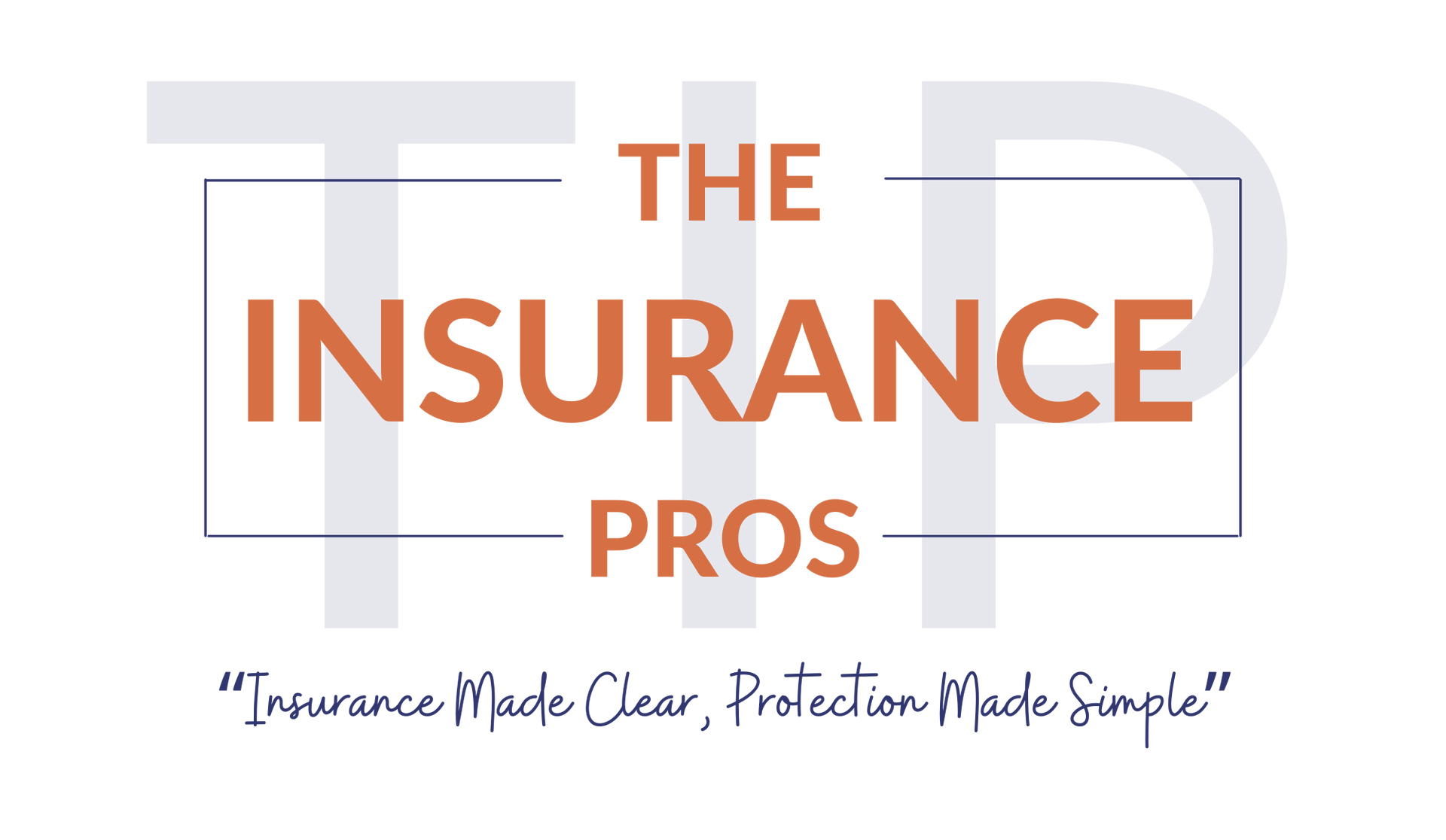Life Insurance and Estate Planning: Building a Legacy

Introduction
Estate planning might sound like a task reserved for the ultra-wealthy, but in reality, it's a crucial step for anyone wanting to ensure their assets, no matter how big or small, are distributed according to their wishes. Life insurance, often seen merely as a tool for financial protection, plays a pivotal role in this process. Let's delve into how life insurance can be the cornerstone of a well-crafted estate plan.

Definitions
Estate Planning: The process of arranging the management and disposal of a person's estate during their life and after death. This includes wills, trusts, beneficiary designations, powers of appointment, and more.
Life Insurance: A contract between an individual and an insurance company, where the company promises to pay a designated beneficiary a sum of money upon the death of the insured person.
Irrevocable Life Insurance Trust (ILIT): A trust that once established, cannot be altered or terminated without the beneficiary's permission. It's designed to exclude life insurance proceeds from the taxable estate.
Charitable Remainder Trust: A tax-exempt irrevocable trust designed to reduce taxable income by dispersing income to beneficiaries for a specified period and then donating the remainder to charity.

The Role of Life Insurance in Estate Planning
Life insurance isn't just about replacing lost income; it's about creating, preserving, and most

importantly, transferring wealth. Here's how:
Immediate Liquidity: When an individual passes away, there might be immediate expenses like funeral costs, debts, or even estate taxes. Life insurance ensures that funds are available to cover these without having to hastily liquidate assets.
Income Replacement: For families dependent on the deceased's income, life insurance provides a financial cushion, ensuring that loved ones can maintain their standard of living.
Equalizing Inheritances: Consider a family where one child is set to inherit a family business while the other isn't involved. Life insurance can provide an equivalent inheritance to the non-involved child, ensuring fairness.
Funding Trusts: Life insurance can be used to fund special needs trusts or charitable trusts, ensuring long-term care for a beneficiary or supporting a cherished cause.

Strategies for Integrating Life Insurance into Estate Plans
Irrevocable Life Insurance Trust (ILIT): By placing a life insurance policy inside an ILIT, the death benefit proceeds are excluded from the taxable estate. This is a powerful tool for those concerned about estate taxes.
Charitable Giving through Life Insurance: By naming a charity as a beneficiary or using life insurance to fund a charitable remainder trust, individuals can leave a lasting legacy and potentially gain tax benefits.
Using Life Insurance to Cover Estate Taxes: For estates that might be subject to taxes, life insurance can be structured to cover anticipated tax liabilities, ensuring heirs receive the intended inheritance without tax burdens.
FAQs

Q: Can I change the beneficiary of my life insurance policy if it's part of my estate plan?
A: Yes, unless the policy is owned by an irrevocable trust. In that case, changes would require the beneficiary's consent.
Q: How often should I review my life insurance policy in relation to my estate plan?
A: It's advisable to review both every 3-5 years or after significant life events like marriage, birth of a child, or purchase of a major asset.
Q: Is the payout from a life insurance policy always tax-free?
A: Generally, life insurance death benefits are tax-free. However, there are scenarios, especially when not properly structured, where it might be subject to estate taxes.
Conclusion
Life insurance is more than just a policy; it's a promise, a legacy, and a tool to ensure that your wishes are honored and your loved ones are cared for. By integrating it into a comprehensive estate plan, you can craft a legacy that stands the test of time.
Your legacy is unique. Don't leave its future to chance. Review your current estate plans and life insurance policies, and consider consulting with professionals to ensure your legacy is built on a solid foundation.









CONTACT INFORMATION
Phone:
(847) 954-7787
Fax: (773) 423-9204
Email:
info@insurepros.net
BUSINESS HOURS
Monday - Friday 8:00 am to 5:00 pm
Saturday 8:00 am to 12:00 pm
Sunday Closed



